CBS Case Competition 2021 transforms into a huge global TV show
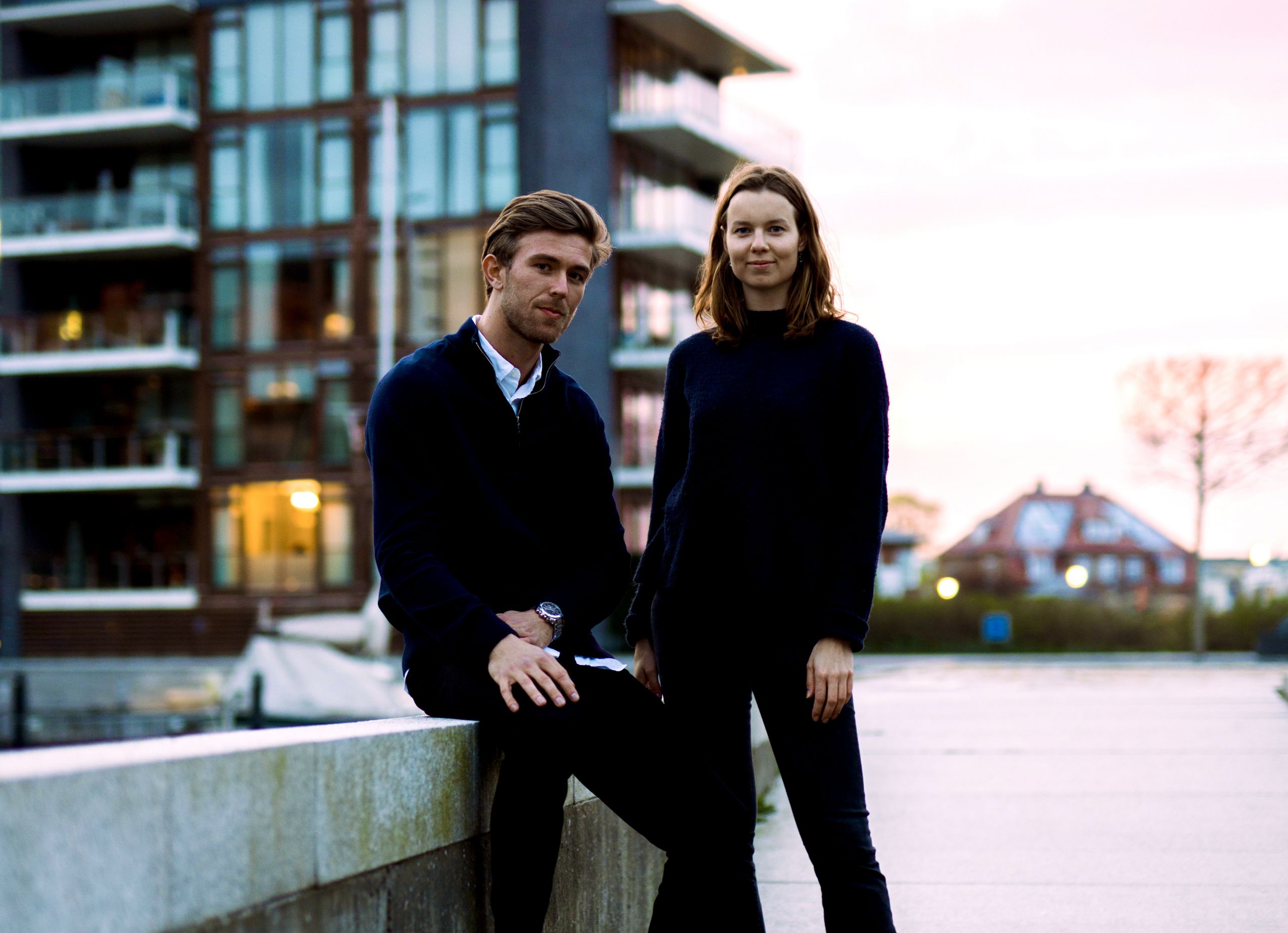
For the first time in 20 years, CBS Case Competition is moving all its activities into the virtual world. The case is how to make IKEA more sustainable, and a professional television studio has been rented in Glostrup, and campus is being replaced with a profound TV show, broadcasting finals, workouts with actress Julie Steincke as instructor, a live podcast with CEOs of ISS and Ørsted, as well as live talks.
When CBS Case Competition opens this week, it can celebrate its 20th anniversary. But the special birthday is not all that makes this year’s competition a grand occasion.
In spite of having a long history as a fully physical event, the team behind the competition have been forced to rethink the event in digital terms, due to COVID-19 restrictions.
Therefore, this year, CBS Case Competition is moving all its activities into the virtual world for the first time – and with new digital changes come new possibilities and limitations.
A whole year has gone by while the event was being planned, and the process has not been plain sailing, to put it mildly, according to Steering Committee members Silas Faurschou Andersen & Christine Lautrup Esmann.
A television studio in Glostrup
Back in March 2020, when COVID-19 began gaining speed and Denmark went into the first lockdown, Silas Faurschou Andersen & Christine Lautrup Esmann were elected as this year’s Steering Committee for the competition.
I can’t even count how many times we’ve been forced to change our plans
But as for many others, it was hard for them to predict the development of the pandemic and determine just what role the virus would play in making CBS Case Competition 2021 become reality.
“We didn’t think that COVID-19 would have such a major impact as it turned out to have, and I can’t even count how many times we’ve been forced to change our plans since we began organizing the event,” Christine Lautrup Esmann says.
And now, when Denmark is more or less closed down to the most possible extent, the steering committee has ultimately decided to make both the invitational and the global competition completely virtual.
“We’ve rented a professional television studio in Glostrup, and the finals will be conducted as a TV show where the participants call in. The jury will be physically present and adhering to the COVID-19 regulations, and the show will be facilitated by a moderator mitigating the complexity of the communication streams,” Christine Lautrup Esmann says and goes on:
“However, in line with the official recommendations of social distancing, the participating teams are not allowed to sit physically together for the final. Therefore, the teams will participate in a shared conference call.”
Virtual morning workouts, podcast and talks
During this week, IKEA will be taken over by thousands of students worldwide contributing their solutions to how the department store giant can make sustainable choices easier and more practical for its clients.
“It has been important for us that the case company is one the participants know well and have been clients at themselves. At the same time, it is important for us that it is a company that can challenge both skilled and less experienced when it comes to working with cases,” Silas Faurschou Andersen says and adds:
“The biggest difference in relation to last year’s case is that it’s a company that is known, loved and used by students themselves.”
We’ve turned everything upside down
However, besides the culminating finals where the case solutions are presented, the schedule also features a variety of other events over the course of weeks 7, 8 and 9, Silas Faurschou Andersen explains.
“Usually, our partner companies host different physical events, but due to the circumstances, we’ve had to rethink those formats into virtual surroundings,” he says.
Thus, according to the steering committee, a 15-minute morning workout with actress Julie Steincke as instructor will be transmitted online, a live podcast featuring CEOs of ISS and Ørsted as well as a Q&A session, talks and a panel discussion where representatives from Nike, UPS and Korn Ferry share their insights, stories and lessons learned on how to lead people through uncertain times.
“Therefore, compared to how CBS Case Competition is usually carried out, we’ve turned everything upside down, and I think this must be the most innovative year ever in the history of the competition,” Silas Faurschou Andersen says and continues:
“So, I think that we’ve managed to make something very positive out of the situation, even though we know it isn’t the same as the usual physical rocket explosion of a culmination.”
A lot of scenario planning
Normally, CBS Case Competition is a major event where attendees fly in from abroad, and the campus halls are covered with banners, stands and hundreds of students, partners and company representatives.
But since the circumstances have led the steering committee to take necessary precautions, the process of planning this year’s competition has been a somewhat comprehensive task.
“If we are to use some typical CBS terms, the process has entailed a lot of scrum, agility and countless hours of scenario planning. It has been a fun, hard and educational experience, but at the same time, we’ve managed to transform a traditionally physical event that usually completely takes over the CBS campus into a virtual event, and I think that’s pretty cool,” Silas Faurschou Andersen says.
Christine Lautrup Esmann agrees and highlights the logistics of the process as a challenging part of the steering committee’s work.
“The team behind CBS Case Competition consists of no fewer than 35 people, and so our first job has been to ensure that everyone always knows where the process is headed. At the same time, we’ve had to make sure that our stakeholders are happy, and our volunteers are okay,” she says and goes on:
“And speaking of volunteers. I’ve volunteered for many organizations at CBS, but I’ve never witnessed such a motivational volunteering spirit before. So, for me, this has been an amazing experience, and I’m very much looking forward to finally holding the competition.”
Reaching a wider audience
Moving a physical event online naturally entails advantages, but also some unavoidable limitations. However, according to Silas Faurschou Andersen, the virtual transition will significantly increase the capacity of the competition.
“Take, for instance, all the parallel events that takes place while the competitions are proceeding. Usually, those events are reserved for the physical surroundings at CBS. But this year, everyone around the world can join in from home in front of their computers,” he says and continues:
We believe we can break the record for the number of attendees worldwide
“Therefore, we believe we can break the record for the number of attendees worldwide, and this is a perfect example of how a virtual setup can help us reach out to a wider audience.”
Christine Lautrup Esmann agrees and adds another advantage gained by moving into a virtual arena.
“Since the attendees are not allowed to sit physically together, we’ve tried to create the fairest terms possible in the contest by making a mix-and-match group forum where students from across the world can come together, compare competences and join forces in multinational teams for the competition,” she says.
However, as much as digital technologies bring new opportunities, sometimes the screen freezes, a server breaks down or a connection is lost. But this is also something the two committee members have been taking into consideration.
“We’ve allied ourselves with some of the most acute minds and technicians to prevent the technical hitches. However, we do know that we can never be completely sure that nothing will go wrong, but we’ve tried to minimize as many risks as possible. And that’s all we can do,” Silas Faurschou Andersen says.
As the distance between the jury and the participants increase, the possibility of control decrease. But according to the Steering Committee members, they are prepared for every contingency to prevent participants from cheating.
“Obviously, we can’t make sure that the solution itself have been developed med others or more than the four students that constitutes a team. Our setup relies to a great extent on trust in our participants and their integrity,” Silas Faurschou Andersen says and goes on:
“However, when we select the 9 semifinalists with our consultant partner Bain & Company, take measures to ensure that we’ll find the ones who doesn’t observe the rules. Furthermore, before the presentations in the semifinals and the final we will check everyone via webcam to ensure a fair competition for all participants, and all the teams that might not keep to the rules will be disqualified immediately.”
Although it is difficult to be certain about every step along the way, what’s beyond any doubt for Christine Lautrup Esmann and Silas Faurschou Andersen is that CBS Case Competition 2021 had to happen no matter what.
“There’s a very special spirit in the CBS Case Competition organization. It’s a big organization of 35 people who are extremely engaging in making it all happen – even in an extraordinary situation. The determination is so strong that a year without the competition is unthinkable – even despite the fact that we’re in the middle of a global pandemic,” Silas Faurschou Andersen says.



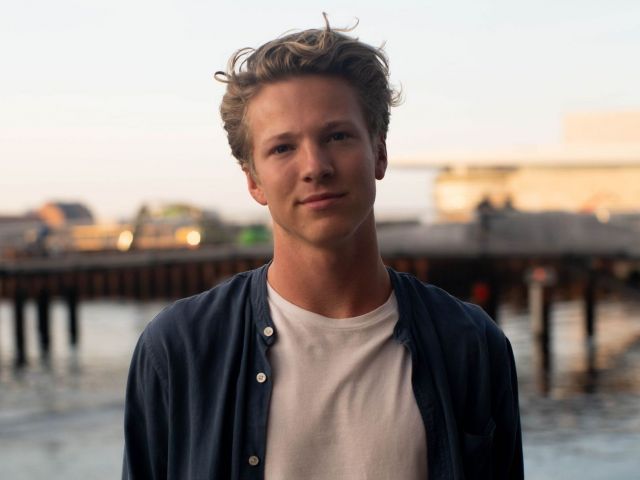
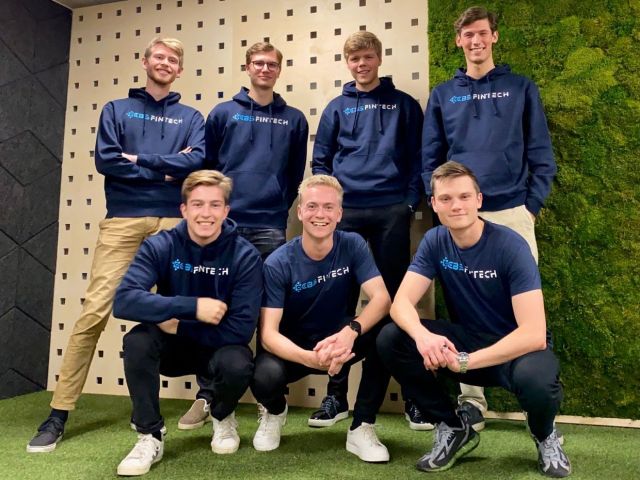
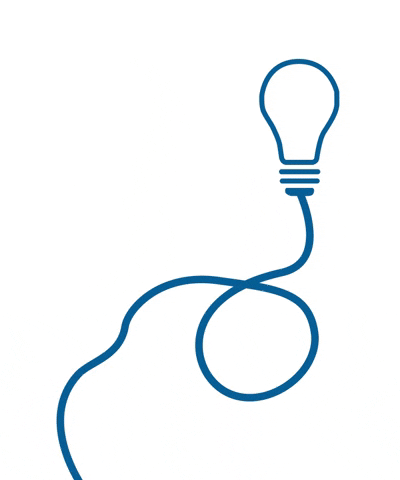
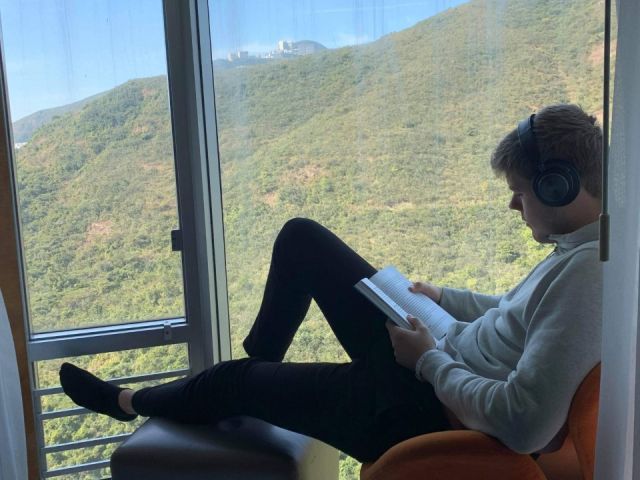
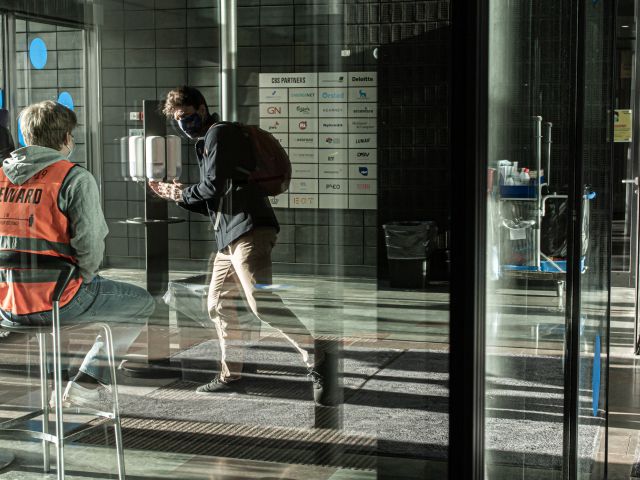
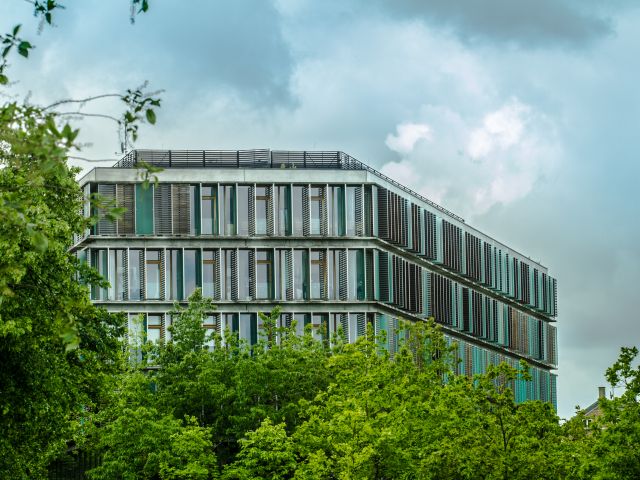
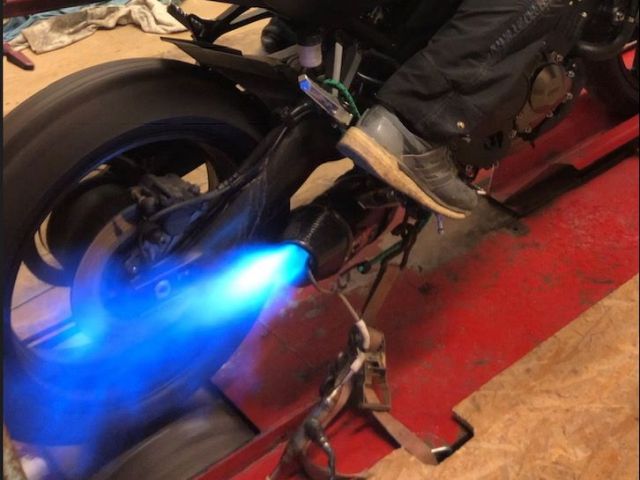
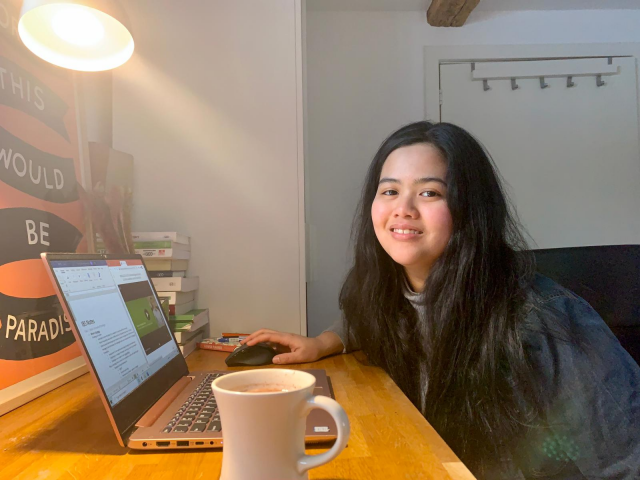




























































































































Comments